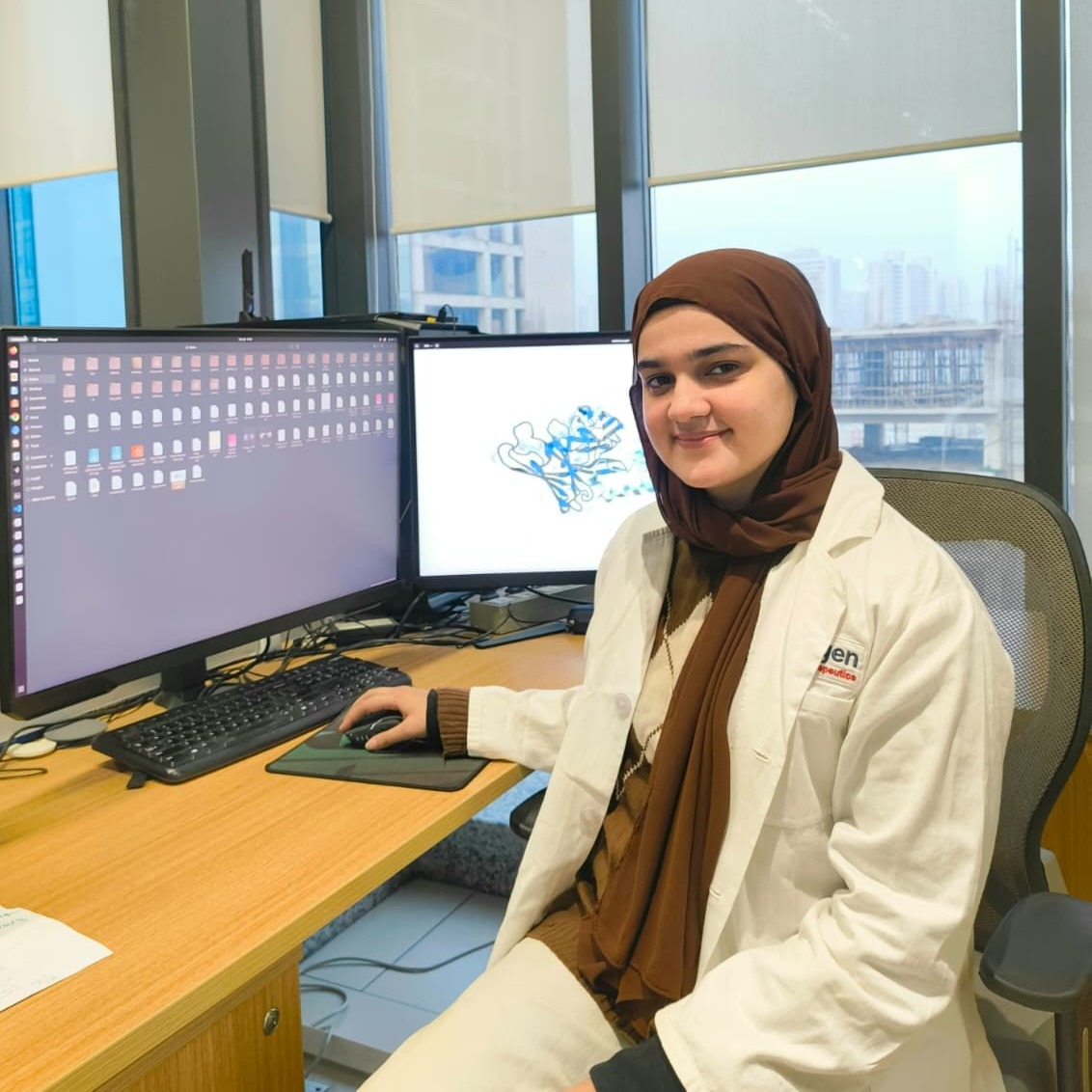Autoimmune diseases are predicted to affect 5–10% of the global population, and conditions like systemic lupus erythematosus (SLE), T1D, rheumatoid arthritis (RA), and multiple sclerosis (MS) are among the most frequent. These conditions develop when the immune system is unable to make the distinction of self vs. non-self and, instead, destroys the body's own tissues, resulting in chronic inflammation, tissue damage, and gradual loss of function. Despite the progress of medicine, the only method of existing therapies is non-specific immunosuppression, risking the patient with impaired immunosurveillance and, in the majority of instances, the inability to establish long-term remission. Due to this, there is a necessity for concentrated, long-lived, and safe immunotherapies. One of the most promising of the new horizons is in vivo CAR T-cell therapy with lentiviral vectors.
CAR T-cell therapy, introduced for cancer, is T-cell engineering in which T cells are engineered to express chimeric antigen receptors (CARs) that allow them to recognize and kill specified cells—e.g., cancer or autoreactive T or B cells. Classically, this is done by the procurement of the patient's T cells, the T cells being engineered ex vivo in a laboratory, expanded, and then reinfused. While successful, this is time-consuming, expensive, and not easy to mass-produce for non-malignant diseases.
In vivo CAR T therapy offers a streamlined alternative. Instead of manipulating cells outside the body, lentiviral vectors encoding CAR genes are directly infused into the patient’s bloodstream. These vectors target and transduce circulating T cells in vivo, converting them into CAR T cells within the body. Lentiviruses are well-suited for this purpose due to their ability to stably integrate genetic material into non-dividing cells and ensure long-term CAR expression. They have been extensively studied in gene therapy settings, and with improved vector engineering, their safety and specificity have significantly advanced.
This innovative strategy holds promise for autoimmune diseases. In preclinical models of lupus, in vivo delivery of anti-CD19 CARs via lentiviral vectors successfully depleted autoreactive B cells and plasma cells—the key drivers of autoantibody production—leading to restored immune tolerance and sustained disease remission. Similar approaches are being explored for MS, where CAR T cells could eliminate B or T cells involved in myelin destruction, and in T1D, where early strategies aim to eliminate beta cell–reactive T cells or promote immune tolerance using CAR-modified regulatory T cells (CAR-Tregs).
What makes this approach revolutionary is its precision. In vivo CAR T therapy allows the selective targeting of pathological immune cells without compromising the broader immune system. It also eliminates the need for complex manufacturing and logistic delays, making it a faster and potentially more accessible option for widespread autoimmune conditions.
Yet problems persist. Selective transduction of T cells instead of off-target cells is required for lentiviral vectors. The viral vector or novel CAR protein expression could be restrained in its effectiveness or safety as an immunological response. Theoretical risks of insertional mutagenesis from genome integration are also present. These, however, are being tackled through research in the form of tissue-specific promoters, superior vector envelopes, and safety switches such as suicide genes for the abatement of the need for transduced cells.
At Cellogen Therapeutics, we are actively contributing to this exciting field by supporting the translation of in vivo lentiviral CAR T-cell therapy from research to clinical use. Our team facilitates early-stage research through clinical-grade product development. In collaboration with academic and clinical centers, Cellogen can accelerate the translation of the technology from the bench to the bedside. Looking ahead, in vivo CAR T treatment is a paradigm-shifter—not only in the treatment of autoimmune diseases, but in the design of therapies for complicated immune diseases. With the combination of gene therapy and precision immunology, the treatment could provide long-term remission or even a cure for diseases that currently need to be treated for life. The autoimmune patient of the future might end up with a good life after a solitary, well-targeted infusion.
- Vivo CAR T Cells

.png)

(1)(1).jpg)

.png)